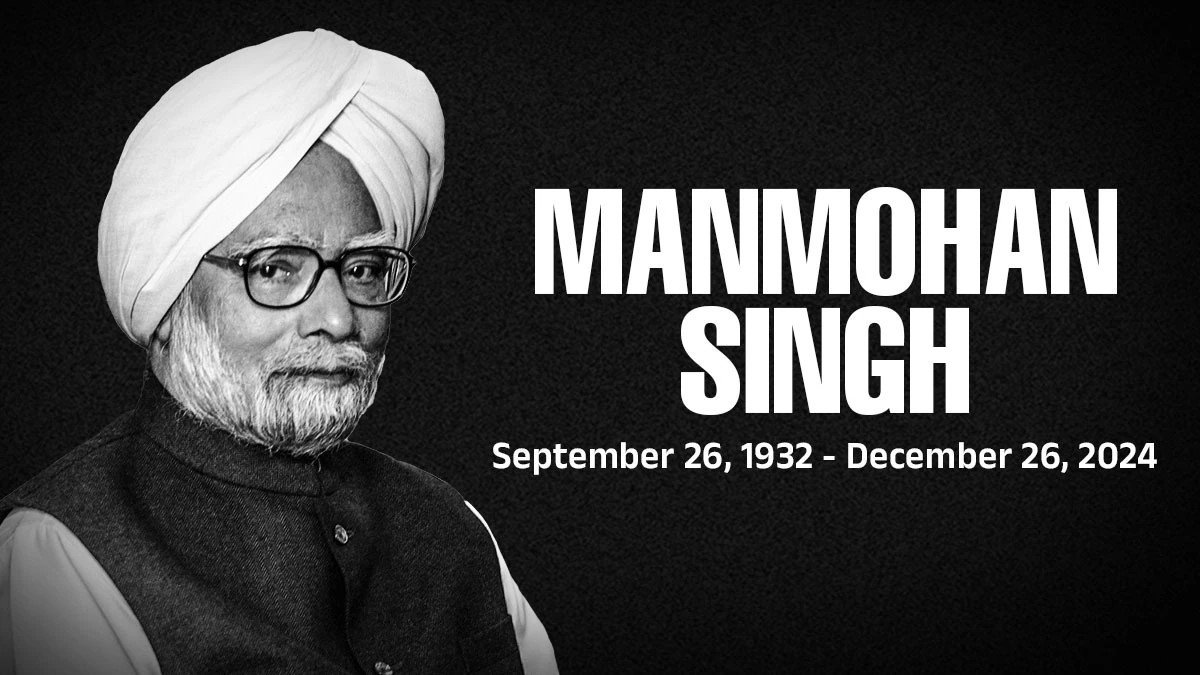
Kharge and Rahul Gandhi Honor Manmohan Singh on His Birth Anniversary

 :
| Updated On: 26-Sep-2025 @ 11:38 am
:
| Updated On: 26-Sep-2025 @ 11:38 amSHARE
On the birth anniversary of former Prime Minister Dr. Manmohan Singh, Congress president Mallikarjun Kharge and former party chief Rahul Gandhi paid heartfelt tributes to the late leader. Both leaders remembered Singh as a man of humility, wisdom, and integrity, who played a historic role in shaping India’s economy and nation-building efforts. They emphasized his remarkable contributions to public service, economic reforms, and policies that promoted inclusive growth across the country.
In a post on X, Kharge highlighted Singh’s role as the “gentle architect of India’s economic transformation.” He praised Singh for carrying himself with quiet dignity, allowing his actions to speak louder than words. According to Kharge, Singh’s vision of economic reforms opened new opportunities for the nation, created a thriving middle class, and lifted countless families out of poverty. Singh’s commitment to fairness, inclusivity, and social welfare ensured that economic growth benefited millions, demonstrating that compassion and development can go hand in hand. Kharge also noted that Singh’s leadership showed that integrity in public life is not only possible but powerful, leaving an enduring legacy of honesty, intellect, and selfless service for generations of Indians.
Rahul Gandhi, in a separate post on X, echoed these sentiments, paying his humble respects to Singh. He described Singh’s unwavering dedication to nation-building, his bold decisions for the welfare of the poor and marginalized, and his historic contributions to India’s economic development. Gandhi called Singh’s simplicity, humility, and honesty a source of inspiration for all, underscoring the lasting impact of his values and leadership on the nation.
Singh’s political and administrative career spanned several decades. He served as India’s Prime Minister from 2004 to 2014, heading the Congress-led United Progressive Alliance (UPA) government. During this period, he was widely regarded as the architect of India’s economic reforms, steering policies that modernized the economy, encouraged investment, and created a foundation for sustained growth. Prior to his tenure as Prime Minister, Singh served as Finance Minister from 1991 to 1996 in the government of P.V. Narasimha Rao. During these years, he played a pivotal role in introducing large-scale economic reforms, liberalizing the economy, and reducing state control, which set India on a path toward globalization and modernization.
Born in 1932 in Gah, Punjab (now in Pakistan), Singh rose from humble beginnings to become a distinguished economist and public servant. His educational background and professional expertise enabled him to navigate India’s complex economic challenges and implement transformative policies that had long-term impacts on the nation. Singh’s approach combined technical skill with moral integrity, ensuring that economic progress was balanced with social equity.
Singh passed away in December last year, leaving behind a legacy that continues to inspire leaders, policymakers, and citizens. Both Kharge and Gandhi emphasized that Singh’s contributions are not only historical milestones but also enduring lessons in leadership, humility, and commitment to public welfare. His life demonstrated how vision, integrity, and selfless service could shape a stronger, more inclusive India, and his legacy continues to guide the country’s aspirations for equitable growth and social justice.
In conclusion, the tributes paid by Kharge and Gandhi reflect the nation’s admiration for Manmohan Singh’s life, work, and principles. His leadership and vision remain a source of inspiration, highlighting the importance of integrity, humility, and dedication in public life. Singh’s transformative impact on India’s economy and society ensures that he will be remembered as one of the nation’s most respected and influential leaders.